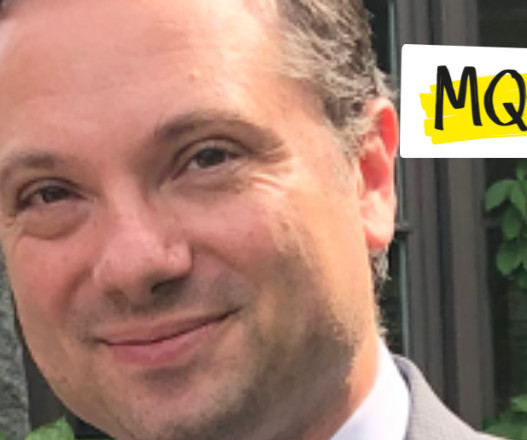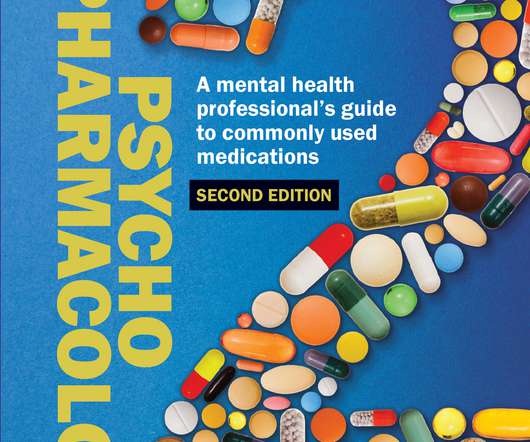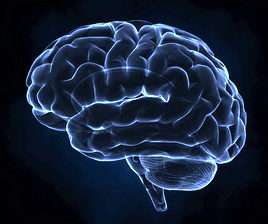American Dreams: What’s It Like To Be An MQ Research Fellow In The USA?
MQ Mental Health
APRIL 12, 2024
At that point in my career, I was experienced enough to know that I needed to shift my focus to achieve greater public health impact – to the area of prevention, where there is tremendous unmet need in psychiatry. Ezra Susser). All of this is thanks to MQ, and to their investment in me at a critical time in my early career.














Let's personalize your content